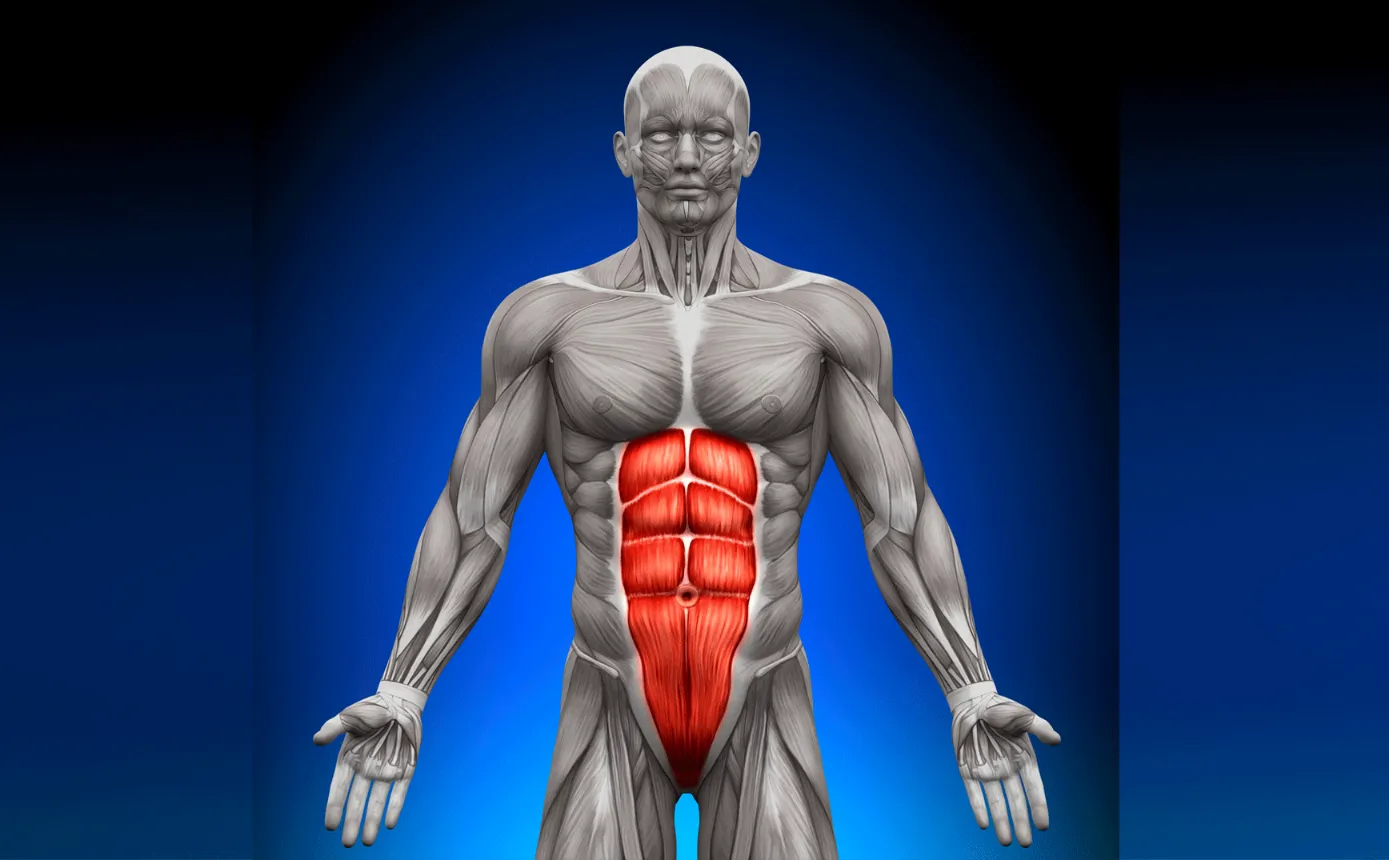More and more you hear the words ‘keto diet’ but do you know how it works and is it superior for fat loss?
In this article I will break it down and explain how the keto diet actually works and then answer the question, will it make you lose more body fat whilst following the diet.
Firstly let me state that I am not a dietician all my knowledge has been obtained through courses and research.
Now how does the keto diet work…
The human body uses carbohydrates as our main fuel source which is found in some of the foods we eat and these are then broken down into glucose and used as energy. But the keto diet goes against the grain, as it is the manipulation of carbohydrates.
The human body’s main programme/function is survival. Without having its primary fuel source (carbohydrates) entering the body, it has to change and use another fuel source and this is produced by the liver, called ketones. Making fat utilisation becomes a priority over glucose.
The body normally released insulin to help balance glucose levels when carbohydrates are high in a diet. Due to the keto diet having very little carbohydrates this now means less insulin is required to be produced by the body.
Glucagon hormone is now produced which is pretty much the opposite to insulin.
When insulin reduces and glucagon has risen, the body will break down stored fats for energy. Glucagon is stored in the liver and maybe broken down into glucose.
When these are depleted the body starts to break down stored energy. This response is known as ketogenesis with there being 3 main ketones known as ketone bodies:
- Acetoacetate
- Beta-hydroxy butyrate
- Acetone
How each macronutrient effects the keto diet
A lot of people think you can eat as much protein as you want, but too much protein will also raise insulin therefore the correct amount is necessary otherwise its anti-ketogenic.
Carbohydrates appear in the blood stream as glucose making it 100% anti-ketogenic. When there’s more than 100g of carbs is NOT a ketogenic diet. Therefore, carbohydrates must be lower than 100g with 40g being the ideal amount as once fat is adapted as the fuel source (usually after 3 weeks) the brain requirement for glucose is around 40g per day.
This results in Fat being an ideal macronutrient in this diet.
Surprisingly alcohol does not affect ketosis but it does increase calorie intake.
And increase in your water intake will be required as it now won’t be held in the body as well.
Stages to the change
First 24 hrs
- The body is using energy from previous meals
- Roughly 50% of body energy is from free fatty acids after 10 hours without carbohydrates
- Insulin and glucose are decreasing but glucagon and growth hormone are increasing
24-48hrs
- Body starts to rely on fatty acids and a breakdown of the liver glycogen for energy
- Liver glycogen is then typically gone within 12-18hrs
2-7 days
- Around 90% of the body fuel is fatty acids
- Around day 3-4 the body is in a state of ketosis
- The liver produces ketones at its maximum by day 3
- Most tissues use ketones as fuel, except for the brain
Now you know how it works, is it the best diet?
FAT LOSS
- It’s not superior to any other diet in regards to fat loss
- It’s good for quick weight loss as ketones are a diuretic (ideal for people trying to make weight for a competition)
- True fat loss is dictated by total calories
PERFORMANCE
- Decrease due to lack of energy
- Low/reduced macronutrients so multi vitamin supplements are advised
- Can cause constipation due to lower fibre
Now just be aware a miss conception is that keto diet is using fat for fuel therefore burning more body fat, this is not the case. It doesn’t matter if your using ketones (fat) for energy or glycogen (carbohydrates) when the bodies in a deficit it’s going to be using its stored energy (body fat) as fuel.
If the keto diet works for you then great, but it is not superior to other diets. You need to follow which diet suits your lifestyle as there’s more then one way to get your intended results if its fat loss.




